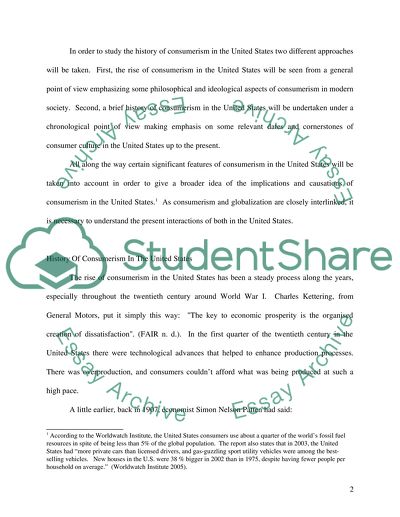Cite this document
(“A History of Consumerism In The United States Essay”, n.d.)
A History of Consumerism In The United States Essay. Retrieved from https://studentshare.org/miscellaneous/1524975-a-history-of-consumerism-in-the-united-states
A History of Consumerism In The United States Essay. Retrieved from https://studentshare.org/miscellaneous/1524975-a-history-of-consumerism-in-the-united-states
(A History of Consumerism In The United States Essay)
A History of Consumerism In The United States Essay. https://studentshare.org/miscellaneous/1524975-a-history-of-consumerism-in-the-united-states.
A History of Consumerism In The United States Essay. https://studentshare.org/miscellaneous/1524975-a-history-of-consumerism-in-the-united-states.
“A History of Consumerism In The United States Essay”, n.d. https://studentshare.org/miscellaneous/1524975-a-history-of-consumerism-in-the-united-states.


